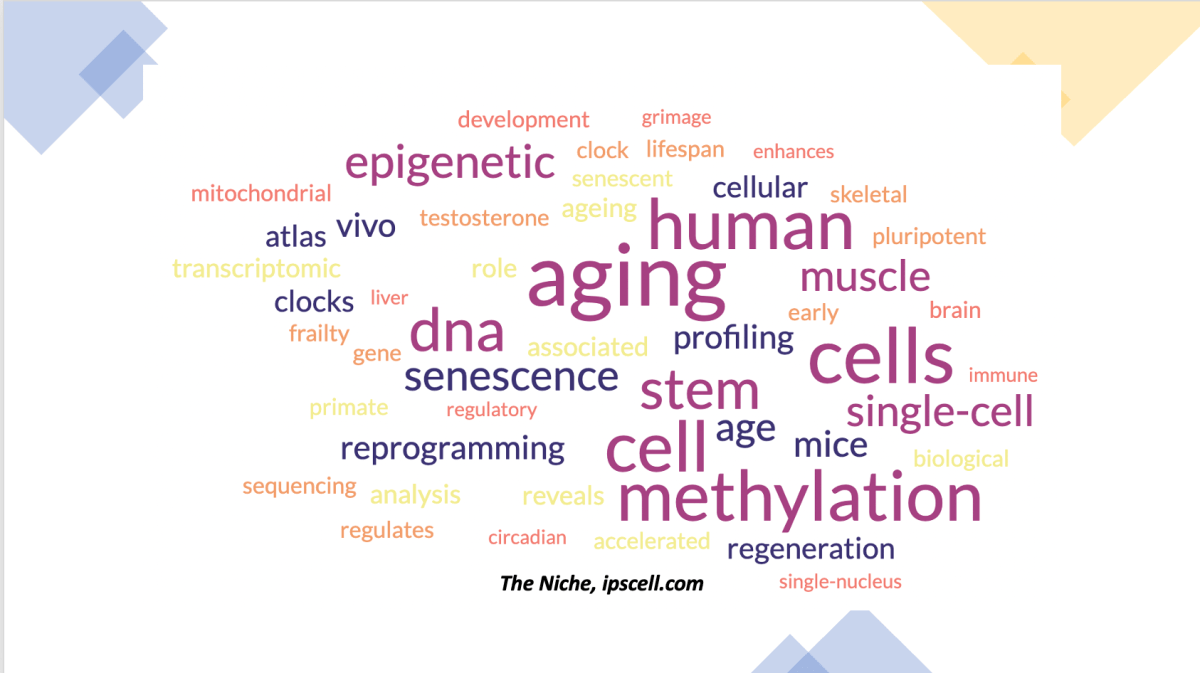Altos Labs is an intriguing multi-institution experiment in so-called rejuvenation research all rolled into one biotech.
This relatively new entity headquartered in California has multiple Nobel laureates in the biomedical field in leadership. Even more importantly it has a large group of great researchers leading its individual research labs.
This all leads to high expectations, but their goal is a tough one.
The main objective of Altos Labs seems to be to improve human health through rejuvenation. More specifically, the hope is that cellular rejuvenation will result in larger-scale human rejuvenation and/or treat specific diseases.

Some of this will be tackled through various forms of cellular reprogramming.
What would be the low-hanging fruit here? How would it work? Would it be safe?
Frankly, I’m a bit skeptical of how soon human rejuvenation can be achieved. As I’ve written before, more generally even the term rejuvenation is not always clearly defined and sometimes it’s hyped. I’ve been glad not to see such hype from Altos.
Since their launch, what kind of research are they doing so far?
Altos Labs biggest focus: human cell aging & DNA methylation
It’s still early in their evolution as a biotech, but one day over lunch I took a look at what Altos researchers have published.
For this purpose, I did a simple PubMed search for papers that mentioned “Altos Labs.” I found 134 papers in mid-July 2023. Some of the published research was already ongoing before Altos existed but still that’s an impressive output. (By way of update now in early August around 3 weeks later the same Pubmed search yields 145 papers.)
Thankfully, the search, downloading the results, and making a word cloud from the paper titles (see above) took about 1 minute since I’ve done this kind of thing before on PubMed. It’s a quick but novel window into the institution’s priorities.
Note a limitation here is that the phrase “Altos Labs” may be in papers with only one or a few authors from Altos or even in papers that just mention Altos Labs. However, my impression from scanning through the papers is that mostly they are research papers from Altos teams. While manuscript titles don’t tell the whole story, they are the most important words of papers.
The most common title words are shown in bigger fonts. The top word was “aging” followed by “cell“/”cells“, and “methylation“. Another frequently used word in their paper titles is “human.”
That tells a story unto itself to me: Altos Labs papers have focused mostly on studying human cellular aging through DNA methylation analysis.
More insights
Note that Altos researchers, including especially Steve Horvath, have been defining biological clocks in cells and trying to relate that to aging for years prior to Altos being launched. I still found it surprising just how much the word “aging” is present in the paper titles. Same for “methylation.”
Based on the next tier of words in their paper titles, they are doing a lot of single-cell analysis, stem cell work, and epigenetic research.
We have “senescence”, “mice”, and “age” up next as common words in Altos paper titles. Other words pop up like “reprogramming”, “clock”, and “regeneration”. Another surprise to me was that “reprogramming” wasn’t more prominent.
It’s also interesting that the word “rejuvenation” mostly isn’t in the mix in the paper titles.
Overall, while Altos Labs may technically not be a longevity company (or at least not want to be viewed that way), their research is heavily focused on aging, cell biology, and DNA methylation, which are major areas of emphasis in the longevity space.
With all of this in mind, can Altos safely achieve rejuvenation in people by focusing on these areas? Within a decade? How will their research emphasis evolve?
It’s going to be fun to follow their work in coming years and track their research foci.
Related Posts
- SEO Powered Content & PR Distribution. Get Amplified Today.
- PlatoData.Network Vertical Generative Ai. Empower Yourself. Access Here.
- PlatoAiStream. Web3 Intelligence. Knowledge Amplified. Access Here.
- PlatoESG. Automotive / EVs, Carbon, CleanTech, Energy, Environment, Solar, Waste Management. Access Here.
- PlatoHealth. Biotech and Clinical Trials Intelligence. Access Here.
- ChartPrime. Elevate your Trading Game with ChartPrime. Access Here.
- BlockOffsets. Modernizing Environmental Offset Ownership. Access Here.
- Source: https://ipscell.com/2023/08/some-surprises-from-new-analysis-of-altos-labs-papers/
